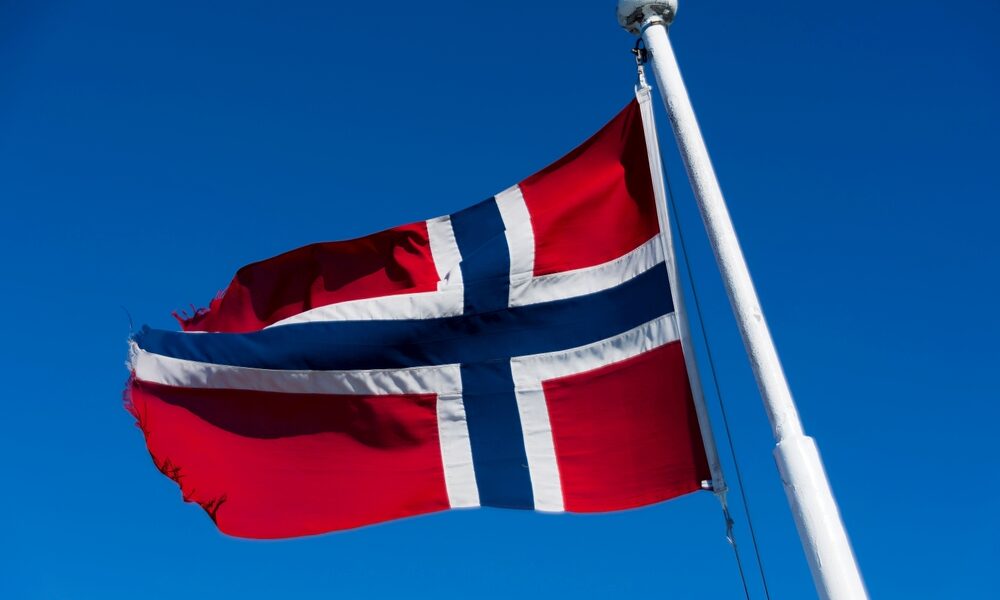Around this time last year, I wrote a column titled Europe’s gambling monopolies face extinction. Little it seems has moved on or, if it has, it has only moved closer to extinction.
Europe’s monopoly gambling operators are dwindling and one of the remaining few seems currently to be on a one-operator mission to fuel criticism of the model.
Early this month, Norway’s Norsk Tipping was fined NOK 46 million (US$4.6 million) by Lottstift, The Lottery and Foundations Authority, for irregularities in the running of the Eurojackpot ‘extra’ prize and bonus draws that run alongside the Lotto.
Lottstift found that players in cooperatives and gaming clubs ended up with more chance of winning than should have been the case, while normal users had a lower chance. The error was found to have been present since 2015.
This was the latest in a long line of technical failures to come to light at the operator in recent months, offering critics of the country’s monopoly model strong reasons to challenge it.
In the summer, Norsk Tipping was revealed to have failed to accurately calculate the currency conversion in the Eurojackpot lottery. Consequently, thousands of Norwegians were erroneously informed that they had won life-changing sums, only to discover the figures were massively inflated.
The mistake cost then Chief Executive Tonje Sagstuen his job, seriously dented confidence in the operator, and added yet more fuel to the argument that open competition may very well be a better option.
Towards the end of last month, Secretary General at the Norwegian Trade Association for Online Gambling (NBO) Carl Fredrik Stenstrøm reiterated his argument for market liberalisation in Norway’s Østlendingen newspaper.
“In the aftermath of the scandal, both the then [Norsk Tipping] director Tonje Sagstuen, current chairwoman Sylvia Brustad, and owner, Minister of Culture and Equality Lubna Jaffery, have been repeatedly asked by both the Conservative Party and the Progress Party about what they intend to do to clean up,” he said. “No one has been able to properly answer the question, and it has thus been left hanging in the air.”
Unpicking the technical failings at the operator further, he continued: “For at least five years, the company has taken hundreds of millions in payments from players without delivering what they paid for. Both Lotto and Eurojackpot draws were run with system errors that meant that the paid extra draws were never drawn correctly. As a result, the chance of winning was non-existent, even though players had paid for it.”
Stenstrøm pointed out that in an open market, failings of this magnitude would likely result in closure being ordered by the regulator. However, “The likelihood of this happening to Norsk Tipping is small,” he said. “The economic consequences are too great for that.”
Rightly, he points out that in a monopoly, there is little incentive for improvement. Competition is needed for any business to be held to account by the market, to strive for standards at least equal to its competitors, and for consumers to have a choice as to where they put their money.
Norsk Tipping’s mounting catalogue of errors “is a strong argument for regulating the Norwegian gambling market in a more responsible way,” Stenstrøm said. “With a licensing model, clear requirements could be set for all players – including Norsk Tipping – and ensure that serious mistakes actually have consequences.”
As Finland moves towards liberalisation, the writing is perhaps now on the wall for Norway. The Finnish market will provide a contemporary example of how the transition from a monopoly to competition can work and providing that goes well, it is likely to become harder to defend the continuation of the Norwegian monopoly unless decisive moves are made to clear up its act.

